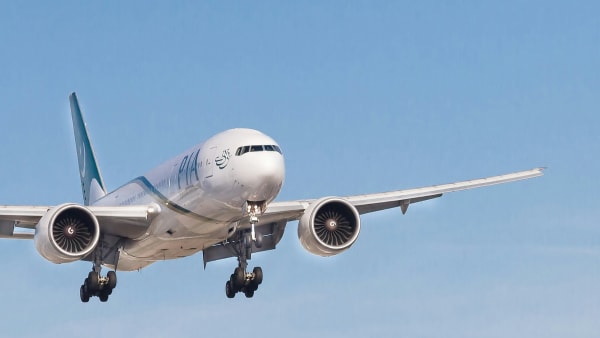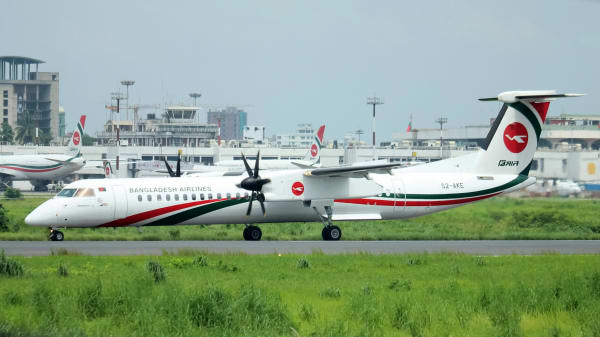The Business of Airline Catering and In-flight Services
Despite the common notion that airline food is often disappointing, the global airline catering business is a high-stakes industry, involving billions of dollars and passionate teams of culinary professionals, food scientists, and logistical experts. Providing in-flight services and meals that are safe, tasty, and meet the demands of various airline companies is no small feat. This article illuminates the fascinating and complex world of airline catering.
What is the Airline Catering Business?
The airline catering business refers to the industry responsible for providing food and beverages for passengers on commercial flights. However, it's more than just preparing meals. The industry encompasses menu development, meal preparation, packaging, logistics, serving, and even waste management.
Size and Scope of the Industry
As per Global Market Insights, the airline catering market is set to surpass $25 billion by 2026. Despite challenges from significant events like the COVID-19 pandemic, the industry is resilient and innovative. Companies involved in this market range from giant multinationals to specialized niche players, each catering to the different needs and demands of various airlines and their passengers.
Key Players in the Airline Catering Business
The global airline catering market is dominated by several major players:
- gategroup: Responsible for catering over 700 million passengers annually.
- LSG Sky Chefs: With over 75 years in the industry, they operate in 209 airports worldwide.
- DNATA: Offering in-flight catering services across five continents.
- Newrest: A global player offering catering services for 130 Airlines.
- SATs: Dominating the Asia Pacific market, it handles over 60% of the in-flight catering in Singapore Changi Airport.
Processes and Challenges : A Glimpse Behind the Kitchen Doors
Logistical complexities distinguish the airline catering business from regular food service industries. Providing in-flight meals involves a tightly choreographed dance of logistical prowess.
Meal Planning and Prep
In-flight services and meals are planned months in advance. All food is cooked, rapidly chilled, and delivered to the aircraft, to be reheated in-flight by cabin crew members. Airlines often work with dieticians and chefs to create menus that balance taste, nutrition, cost, and even cultural variations.
Quality and Safety Standards
Maintaining strict food safety standards is paramount. In the U.S., airline caterers must adhere to the Food and Drug Administration’s regulations, which include stringent food safety and contamination prevention measures. Similarly, Europe has its European Food Safety Authority (EFSA), which regulates airline catering services.
Logistical Management
Large scale caterers can serve up to 100,000 meals per day, requiring impressive logistical capabilities. Meal trays are compiled in an assembly line process, then loaded onto high-loaders that carry them into the aircraft. Timing is critical, as food needs to be loaded last to maintain the right temperature.
Offering Customized Services
Offering premium services on certain flights is another aspect of the airline catering business. Premium menus, specialized meals for diet or cultural needs, and enhanced variety are growing trends in the market, which the caterers need to adapt to.
Sustainability: A Growing Priority
Reducing environmental impact is becoming an essential focus for airline catering companies. Sustainability measures include:
- Reduction of single-use plastics
- Donating surplus food to community organizations
- Exploring alternative food sources like plant-based options
It's likely that the future of airline catering will continue to evolve with increasing emphasis on sustainability, health-conscious offerings, and providing a heightened passenger experience.
Impact of COVID-19 on the Airline Catering Industry
The COVID-19 pandemic dramatically affected the airline catering business. Due to decreased travel, many catering companies saw a drop in revenue. However, they adapted quickly by focusing on hygiene measures, offering pre-packaged, minimized touch meals, emphasizing safety and passenger trust.
The airline catering business is an intricate blend of culinary arts, logistical wizardry, stringent safety measures, and increasingly, eco-conscious responsibility. It's a fascinating world that is crucial to the complex machine of global air travel, ensuring we, the passengers, can enjoy a hot meal at 35,000 feet above the ground. With continuous innovation and adaptation, this industry continues to serve as the unseen hand behind our in-flight comforts.




